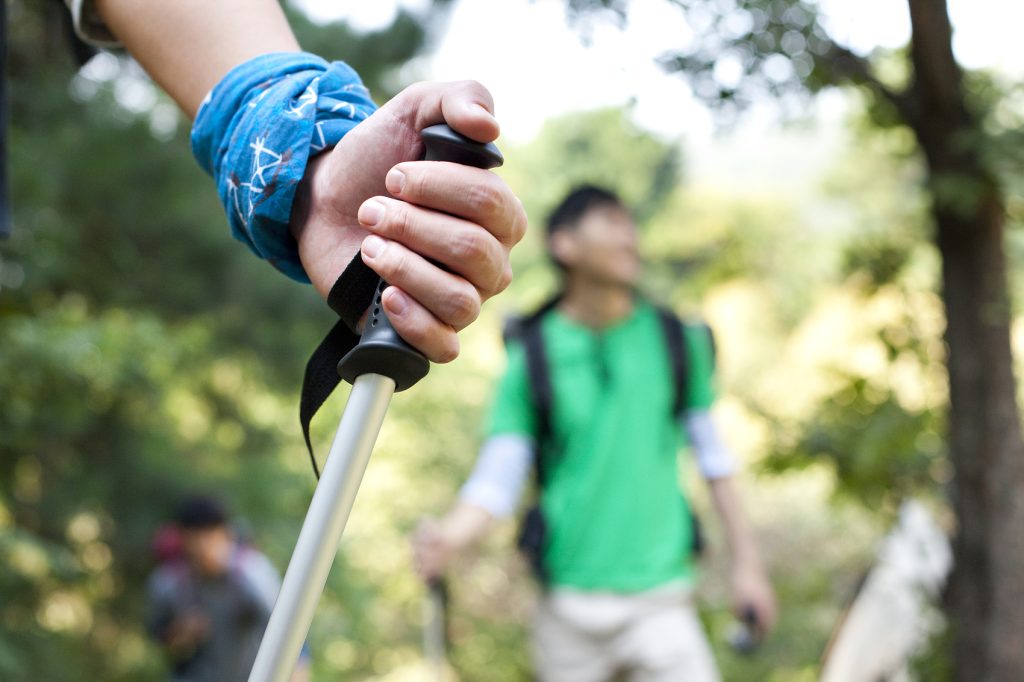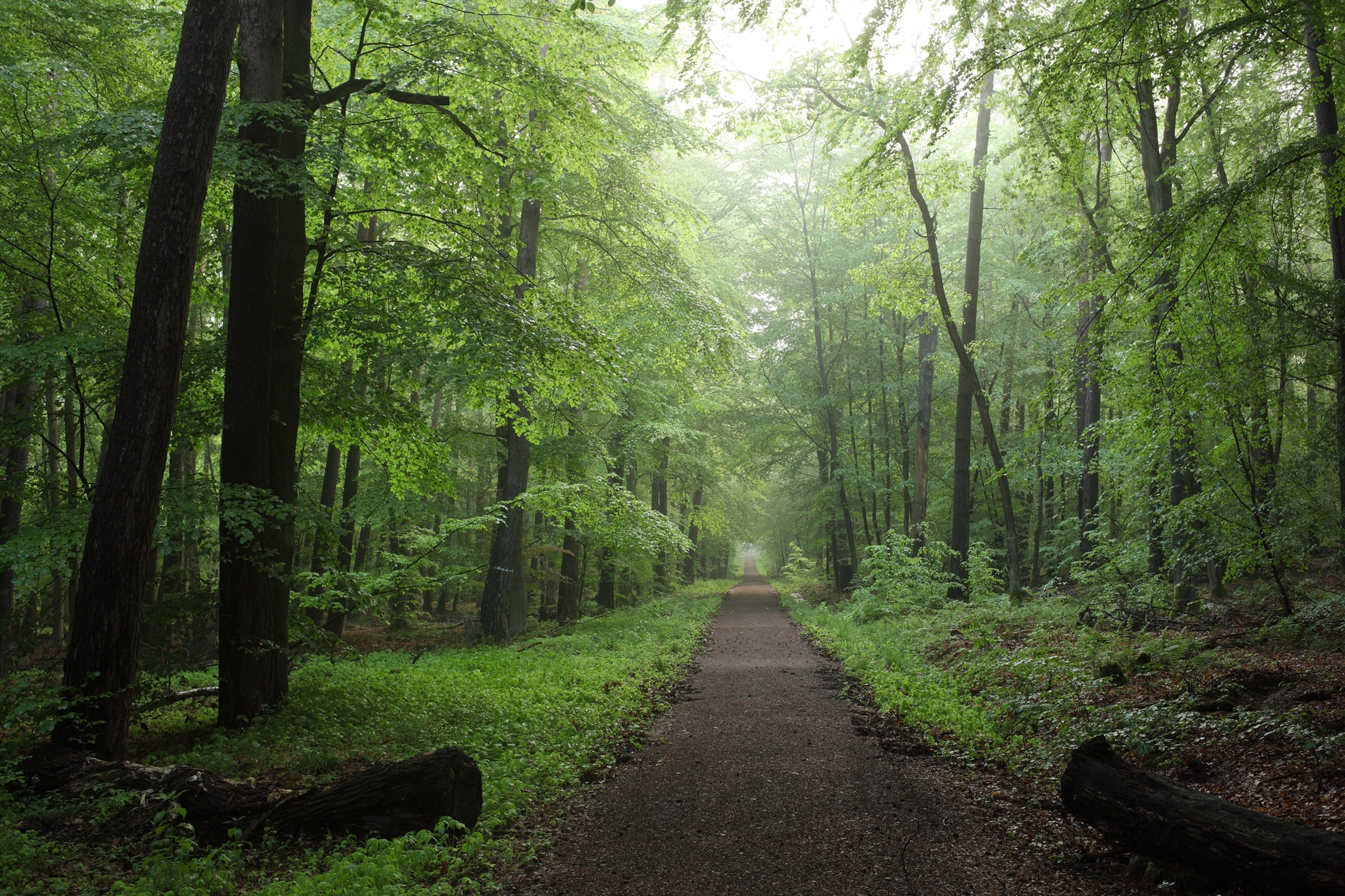For centuries, people have celebrated the joys of being in nature. But as modern life pulls us away from the outdoors, it’s become evident that reconnecting with nature is not just enjoyable—it’s essential for our mental health.
Urban planners recognize that green spaces and natural scenery enhance the ambiance of urban environments. Yet, it goes deeper—spending time in nature can significantly aid in mental healing. For example, research shows that regular outdoor exposure can benefit individuals with post-traumatic stress (PTS) and post-traumatic stress disorder (PTSD), which are often linked to other mental health issues like anxiety and substance use disorders (SUD). This kind of nature therapy could potentially lighten the load on our strained mental healthcare system.
Here’s how nature therapy can be particularly beneficial for those dealing with trauma:
1. Facilitates Enjoyable Exercise
Physical activity is beneficial for people with mental health conditions as it helps mitigate anxiety and stabilizes mood through the release of natural hormones. Nature not only offers a serene backdrop but also provides diverse and enjoyable ways to exercise—hiking, swimming, kayaking, and cycling are just a few activities that can help. These activities don’t just burn calories; they also allow for a meditative state that aids in mental recovery.

2. Builds Emotional Resilience
While nature alone won’t heal trauma, there is growing evidence that spending time outdoors can foster emotional resilience, crucial for recovering from traumatic experiences. Activities in nature may help individuals gain a sense of control over their lives, enhancing their ability to cope with challenges.
3. Reduces Anxiety and Enhances Happiness
Research involving groups like combat veterans shows that being in natural settings can significantly alleviate symptoms of PTS and PTSD. Activities that encourage mindfulness in these settings can further enhance these benefits, highlighting nature’s role in cost-effective mental health interventions.
4. Strengthens Social Connections
Outdoor therapy, often conducted in group settings, can also improve social bonds among participants. These groups provide a supportive environment where individuals can share experiences without fear of judgment, fostering new friendships and emotional support networks that are vital for recovery.
Being in nature not only uplifts our spirits but also helps heal the invisible wounds of mental trauma. While it’s not a standalone cure, nature therapy offers valuable support to traditional treatments like cognitive-behavioral therapy and medication. Because it’s easy to implement and accessible, anyone can try nature therapy, potentially gaining significant benefits with little to no risk.








